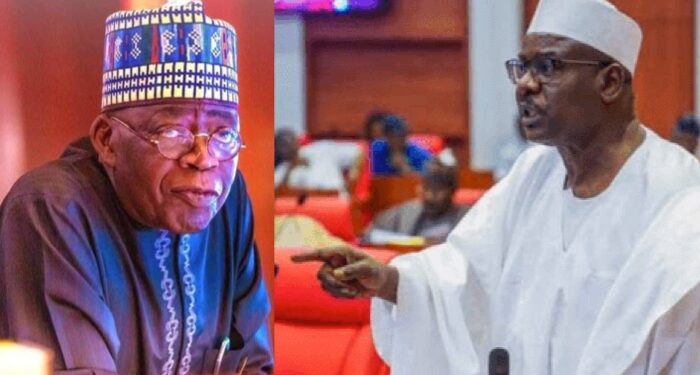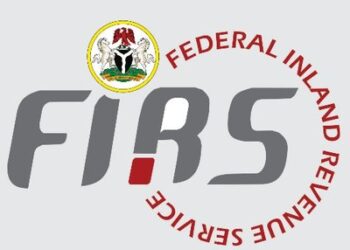
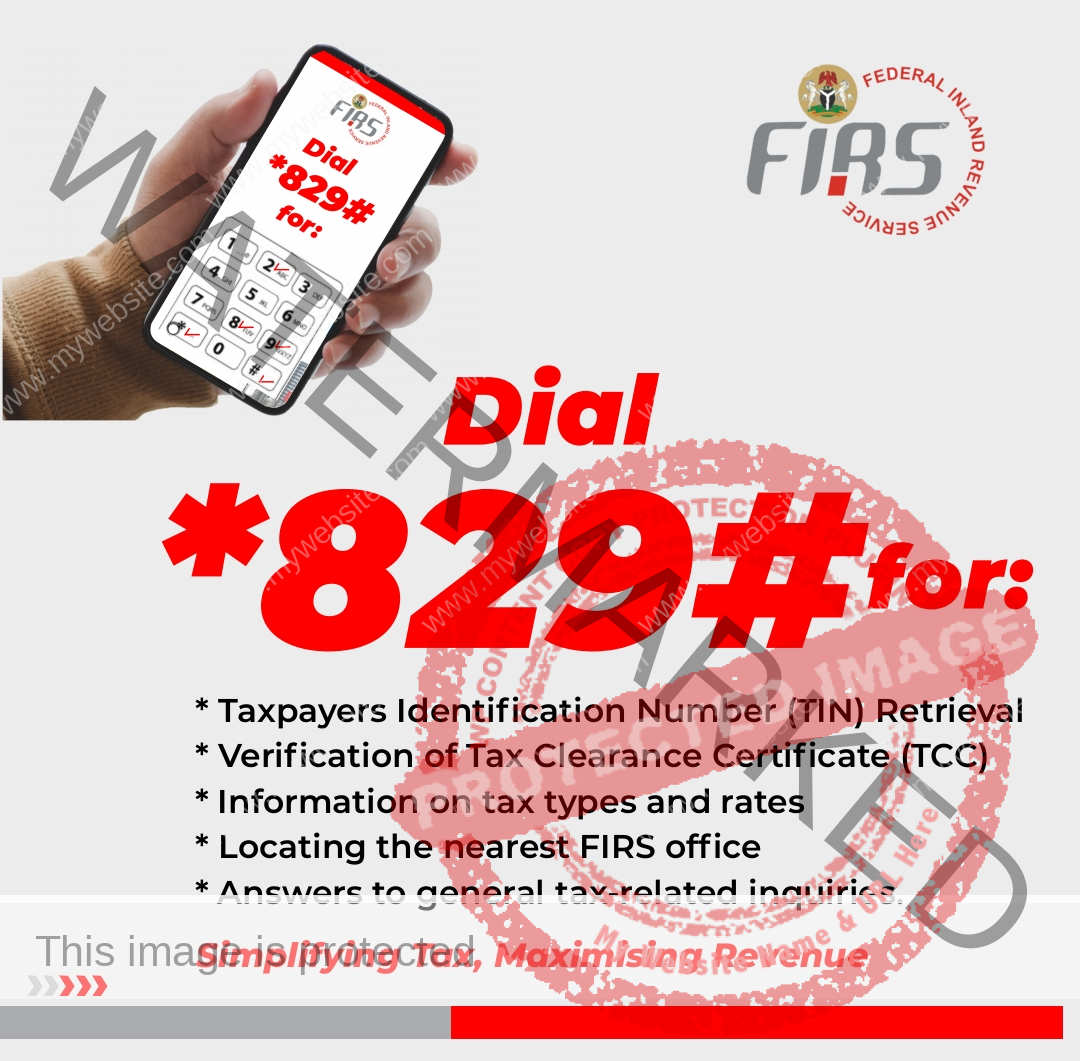
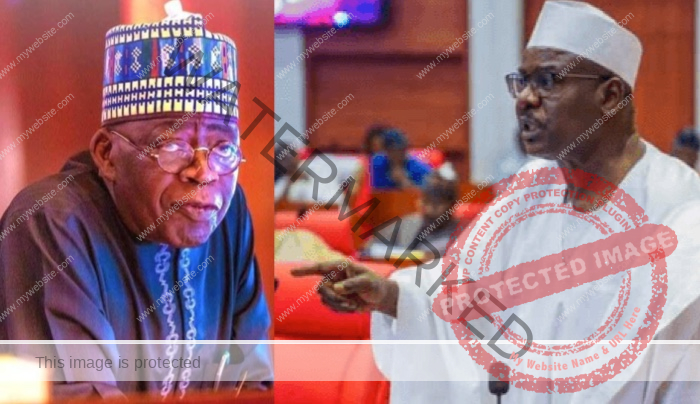
Senator Ali Ndume, representing Borno South in the Senate, has expressed deep concerns over the management of funds borrowed by the President Bola Tinubu-led administration. In a recent interview with Arise TV, Ndume revealed that over ₦13 trillion has been borrowed under the current administration, with most of these funds not being spent on infrastructure. He also alleged that some of the loans did not receive Senate approval.
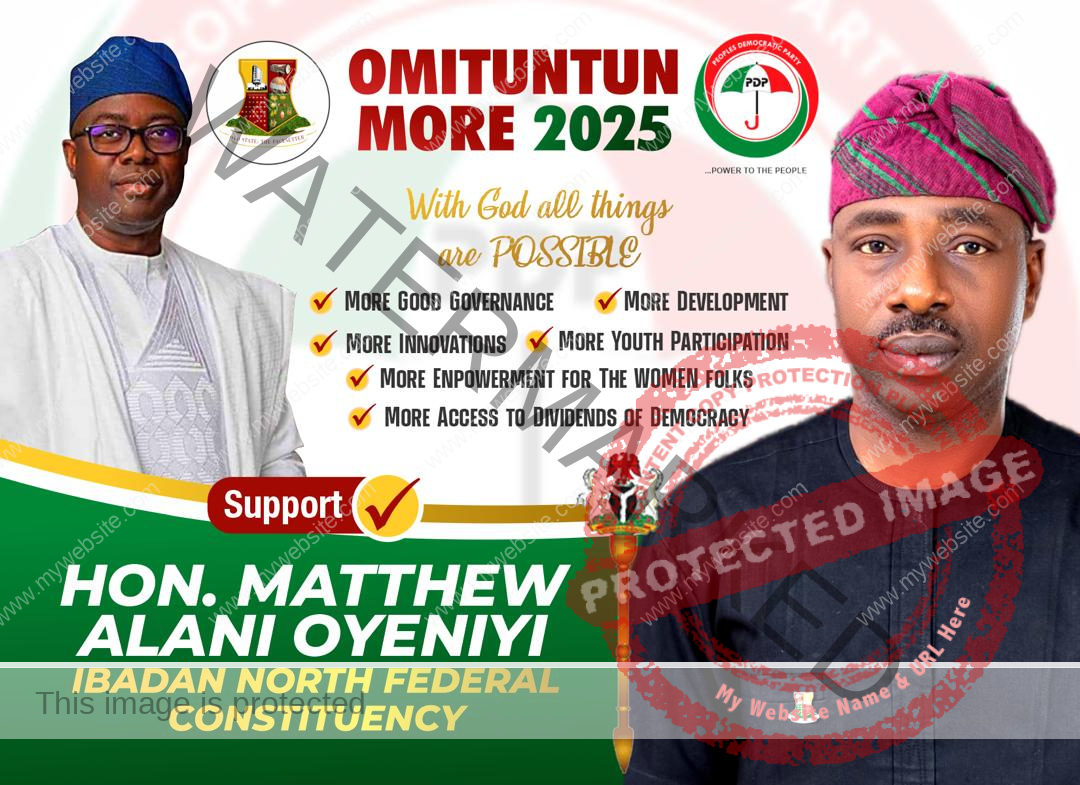
Ndume emphasized that borrowing is not the problem, but rather how the borrowed funds are utilized. He cited examples of countries like America, Japan, and China, which borrow for tangible, accountable projects. In contrast, Nigeria’s borrowings have been for intangible projects that do not benefit the citizens.
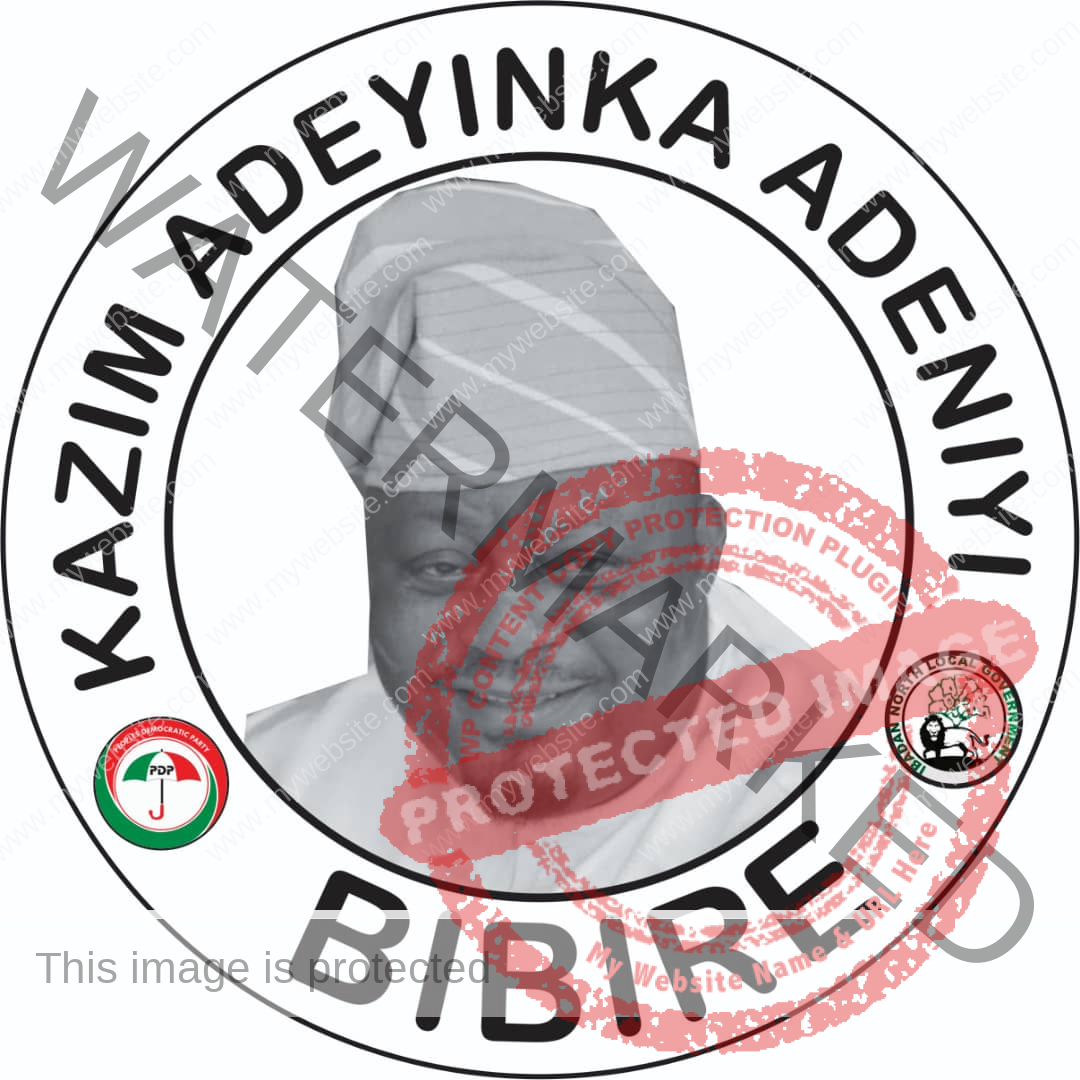
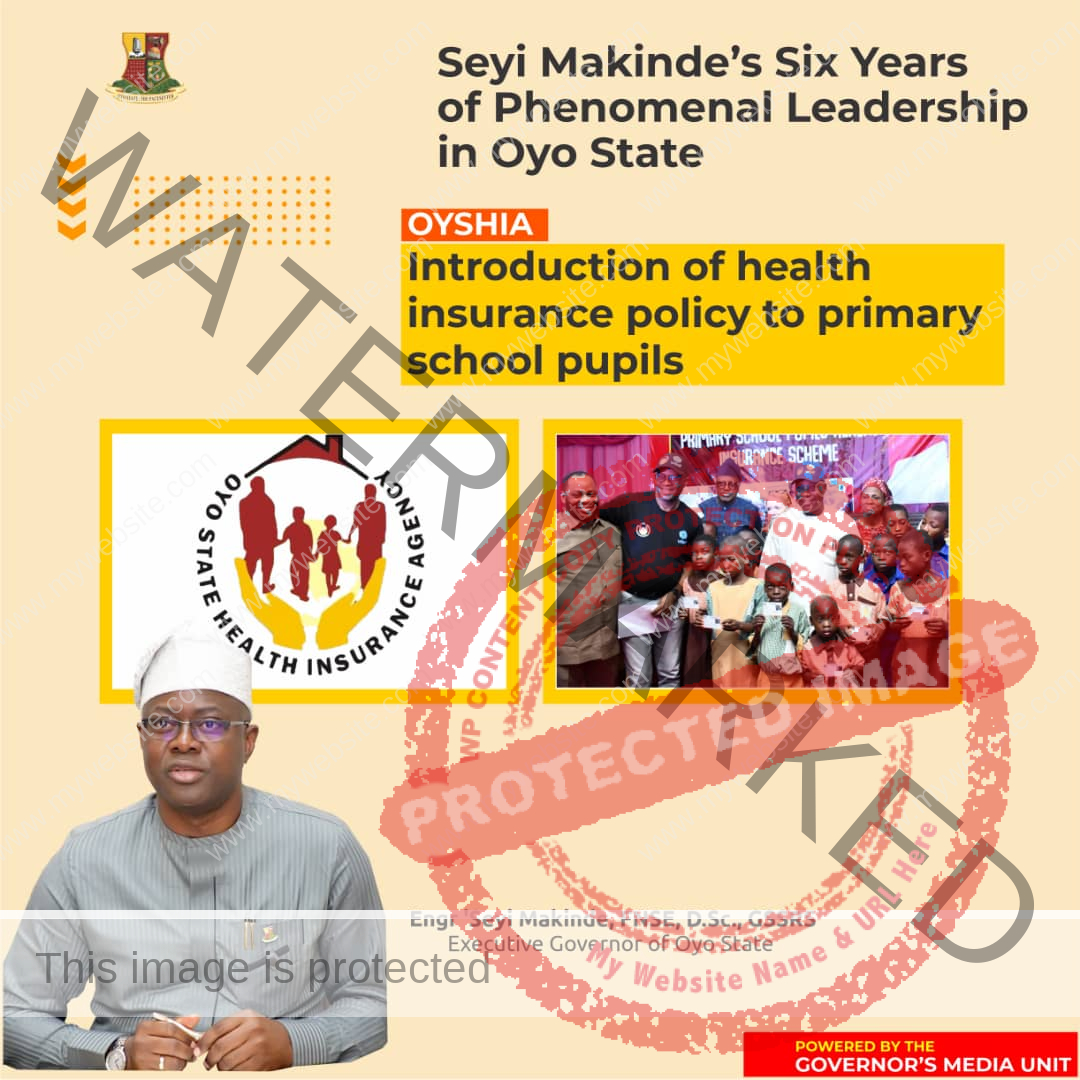
The breakdown of the borrowed funds is as follows:
- $500 million borrowed in June 2023 for women’s programs, with no visible impact
- $800 million borrowed on the same day to cushion the effect of high petrol prices after fuel subsidy removal, with unclear outcomes
- $700 million borrowed in September 2023 for the Adolescent Girls Initiative for Learning and Empowerment
- $750 million borrowed in December 2023 for renewable scale-up
- $1.5 billion borrowed in June 2024 to enable Nigeria’s reform for economic transformation
- $750 million borrowed in June 2024 to stabilize the economy and support the poor
Ndume expressed concerns that these borrowings did not pass through the National Assembly, as required by law. He emphasized that even if the borrowings are listed in the Medium-Term Expenditure Framework, every item must be accounted for and discussed before approval.
Ndume’s remarks come amid growing concerns over Nigeria’s rising debt profile. According to a recent report, the country’s public debt stock stood at 51.29% of its Gross Domestic Product (GDP) as of September 2024, with domestic debt accounting for 51.60% and external debt constituting 48.40%.
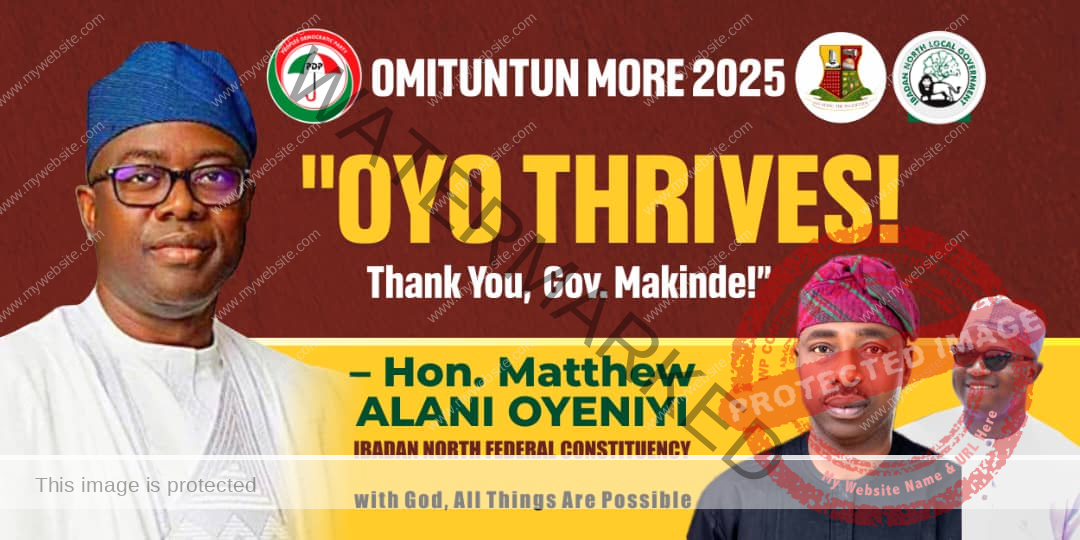

The report also revealed that ₦2.199 trillion was spent on debt servicing in the last quarter of 2024, exceeding the budgeted amount and surpassing the amount spent in the previous quarter. This has raised concerns about the sustainability of Nigeria’s debt profile.
To address these concerns, the government should provide clear and transparent information on borrowed funds and their utilization, ensure that all borrowings pass through the National Assembly for approval, prioritize tangible projects that benefit citizens, such as infrastructure development, and engage with experts and stakeholders to find solutions to the food crisis and economic challenges.
Ndume’s concerns are echoed by many Nigerians who are worried about the impact of the rising debt profile on the economy. The country’s debt servicing costs are taking a significant chunk of the budget, leaving limited resources for other essential sectors.
Ndume’s call for transparency and accountability in the management of borrowed funds is a timely reminder of the need for responsible governance. Citizens have the right to know how their money is being spent, and lawmakers must ensure that the executive is held accountable for its actions.
Ndume has also expressed concerns about the government’s closed-door policy, which he believes prevents meaningful discussions between the executive and lawmakers. This has led to a lack of trust and confidence in the government’s decision-making process.
Nigeria is facing a worsening food crisis, with the World Food Programme warning that 82 million Nigerians could face food insecurity within the next five years. Ndume has urged the government to work with experts and stakeholders to find immediate solutions to the crisis.
Ndume’s call for action is a reminder that the government must prioritize the welfare of its citizens. Lawmakers and citizens alike must demand transparency and accountability from the government to ensure that borrowed funds are used for the benefit of all Nigerians.
In conclusion, Senator Ndume’s concerns over the lack of accountability in the management of borrowed funds are a wake-up call for the government to review its borrowing and spending practices. The government must prioritize transparency and accountability in its dealings to ensure that citizens benefit from borrowed funds. By working together, lawmakers and citizens can demand better governance and ensure that Nigeria’s debt profile is managed sustainably.

